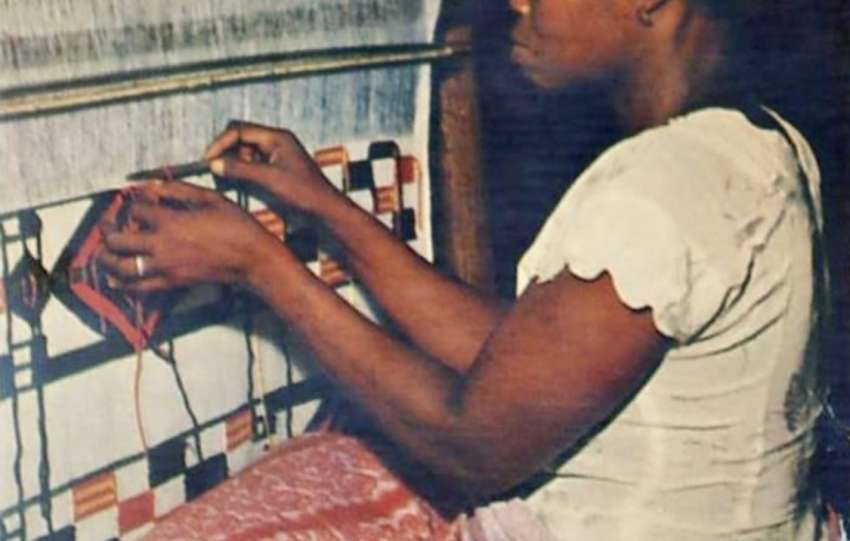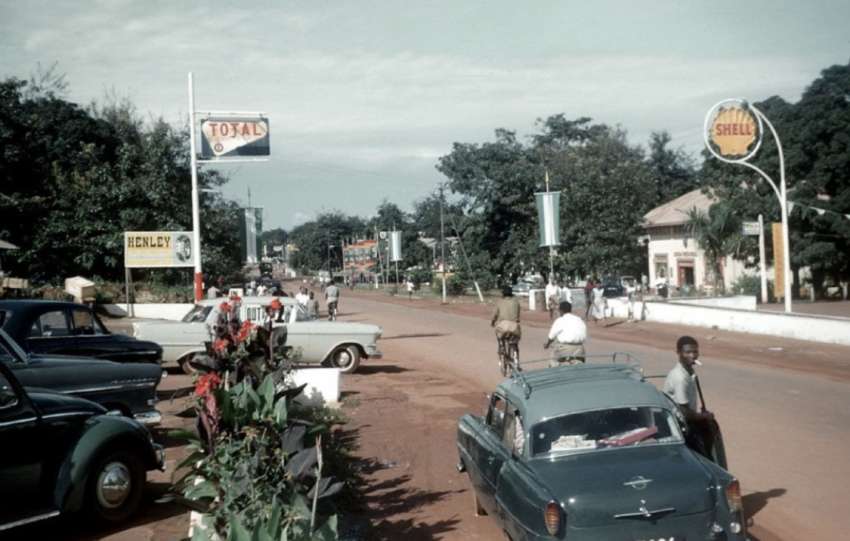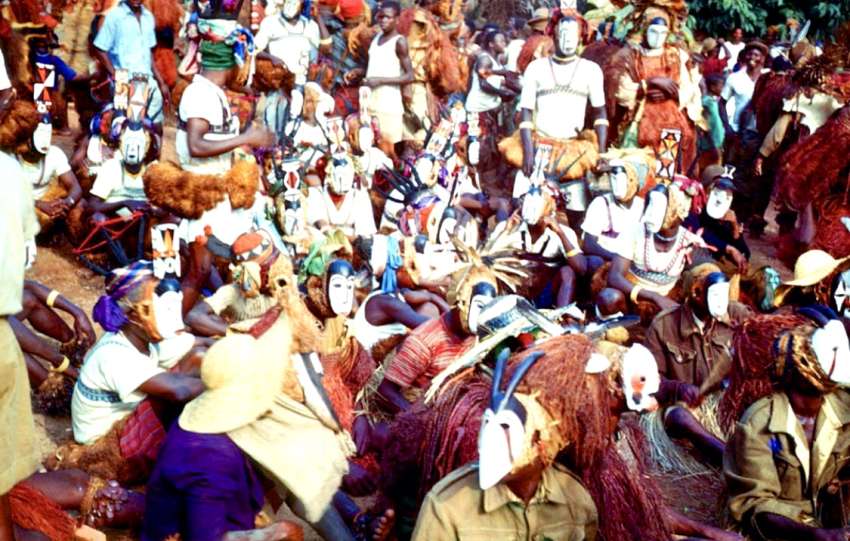
Obi of UkwuNzu
Settled in Anioma region of Nigeria, is a historically rich and Unique community called Olokunmi. Seen in places such as Ukwunzu, Ugbodu, and Ubulubu, with Ukwunzu being its headquarters the people of Olokunmi have long caught the attention scholars, historians, and visitors as a result of their distinctiveness in linguist culture. The Olokunmi people settled amoung Igbo-speaking people, so it is evident why their language may be mixed with Igbo language, most of her young people in present day are only able to speak Enuani,
however, the Olukunmi people especially the elders still retain a vibrant Yoruba identity linguistically while showing a remarkable blend of cultural acculturation.
Historical Migration and Origin
The people of Olukunmi were ancestral Yoruba immigrants that moved into Anioma during various waves historically.
Oral traditions of Olokumi accounts how these migration waves dated from the 9th and 11th centuries AD, from from the Akure and Owo areas of Ondo State today.
Initially, They settled and lived peacefully in the defunct Benin Empire during the period of Ogiso dynasty, they later moved eastward into Igbo areas of present day Anioma as a result of political unrest in old Benin empire, when a prince needed to be killed for peace to reign in Benin kingdom, they felt unsafe in the area and moved out to settl in present day location of Anioma.
Numerous ancestors of Olokunmi were Yoruba traders, machineries and also hunters whom some were serving under Benin palace or those ones soughting out for new opportunities and greener pastures in Anioma.
These settlers adopted the name “Olokunmi,” a term that means “we have come as friends”. As their migration happened in time of political unrest and invasions
Identity and Language
The most exceptional marker of the Olokunmi people is their language, a dialect of Yoruba. Unlike some Anioma communities which claimed Benin ancestry but grossly lack Edo linguistic heritage, Olukunmi people have evidently preserved their Yoruba tongue over one thousand years since moving out of yoruba land.
Despite the linguistic retention of Olokunmi, the people have grossly adopted the cultural practices of ndi Igbo . The people of Olokunmi bear Igbo names, they also wear Igbo attire,they practice the egalitarian systems of ndi Igbo where they havr Ndi Okpala also, and are participants in Igbo communal life,this is particularly reflecting centuries of acculturation into Igbo area.
The king of Ugbodu, HRM Ayo Isinyemeze, aptly described the phenomenal as a natural way of cultural adaptation, saying ,
“Over time, we had adopted largely the way of life of our neighbors… but our primary tongue is Olukunmi.”
Integration and Cultural Resilience
The people of Olokumi largely shows an example of cultural resilience. While they embraced the traditions of ndi Igbo in terms of dress, communal customs and food, they are still able to preserve their distinctive Yoruba identity through their rituals, oral traditional history, and language.
This double identity enriches Anioma cultural landscape, demonstrating the adaptability and inclusivity of ndị Anioma. The Presence of Olokunmi is a testament to the past history of intergroup relationship in the area, from migrating to exchange of Cultural practices, while keeping a sense of self.
© Ohadike, D. C. (1994). Anioma: A social history of the western igbo people. Ohio University Press.
©UKPURU




